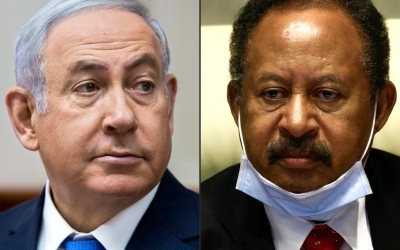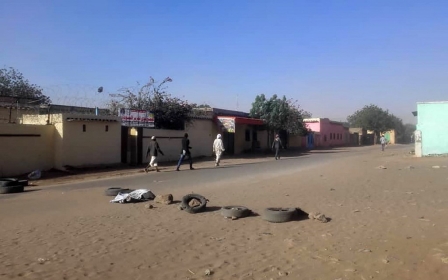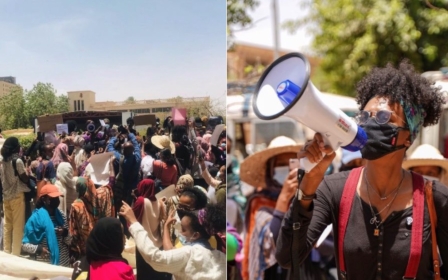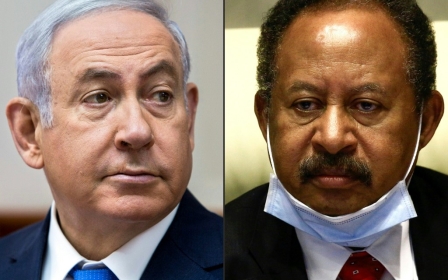Sudan fires chief of justice, attorney general resigns
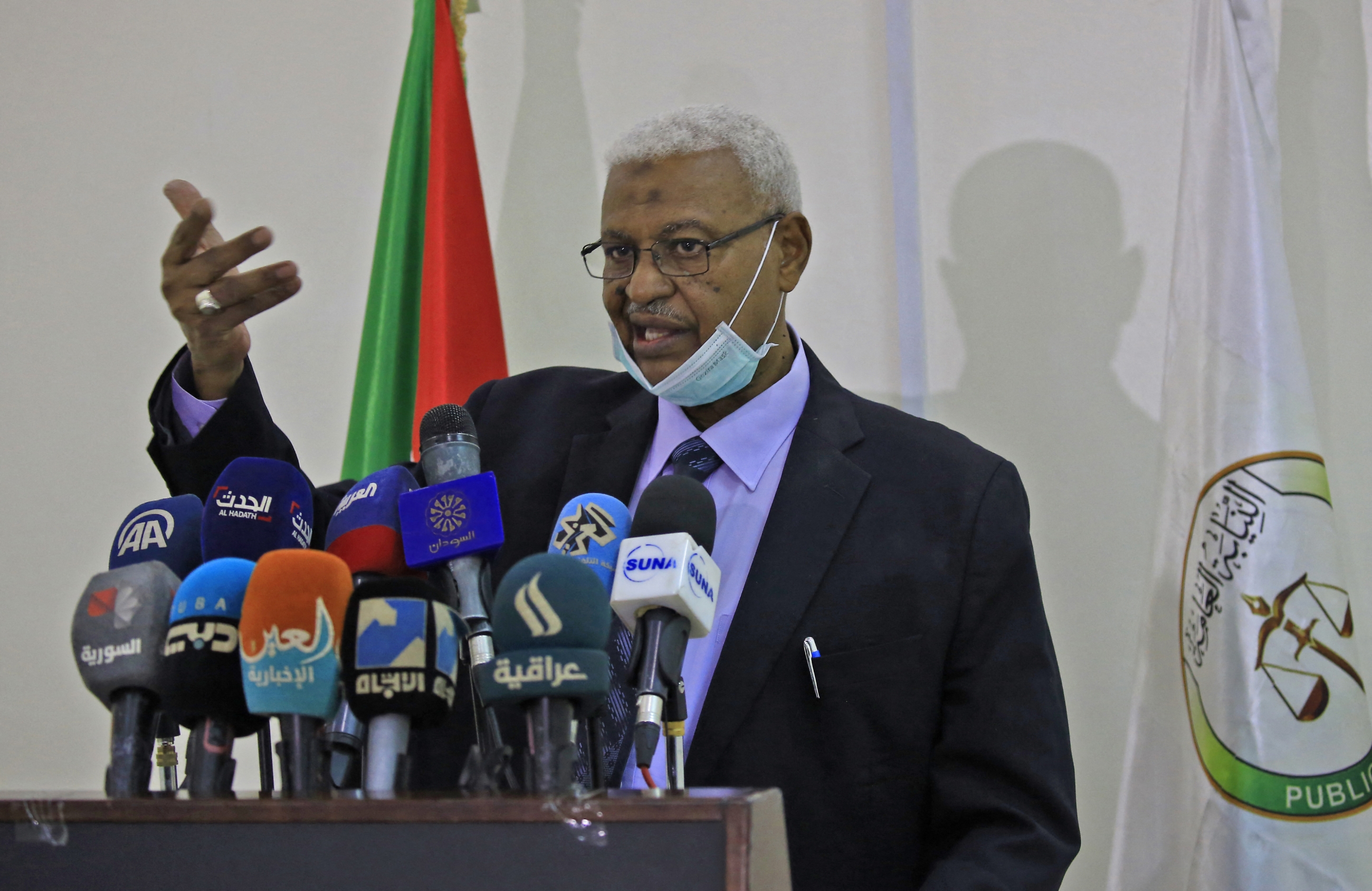
Sudan's ruling body has announced the removal of the country’s top judge and the resignation of its general prosecutor, following growing criticism over delays in investigations into the killings of protesters in 2019.
"The Sovereign Council has relieved Nemat Abdullah Mohamed Kheir from her position as head of the judiciary,” the 11-member ruling council wrote in a statement issued late Monday.
"The council… has accepted the resignation of Tagelsir al-Hibir from his position as general prosecutor."
The statement did not outline a specific reason for the decision to sack Kheir, but noted that Hibir had repeatedly asked to step down.
Kheir and Hibir were appointed in October 2019, several months after the ousting of President Omar al-Bashir following a mass uprising against his 30-year rule. Kheir had been the first female chief of justice in Sudan.
New MEE newsletter: Jerusalem Dispatch
Sign up to get the latest insights and analysis on Israel-Palestine, alongside Turkey Unpacked and other MEE newsletters
The announcement of Kheir and Hibir's removal comes a week after two protesters were killed and dozens wounded at a rally marking the anniversary of a June 2019 massacre.
'Unfortunate events'
On 11 May, hundreds of Sudanese citizens gathered outside the military headquarters in Khartoum demanding an investigation into the killing of protesters during the violent dispersal of a mass sit-in at the same site, which ultimately left at least 128 people dead, according to medics linked to the protest movement.
On Tuesday evening, security forces again cracked down on the protesters, firing tear gas. Following the incident, the armed forces released a statement claiming that "as they [the protesters] left the site, unfortunate events occurred resulting in the killing of two people and the wounding of others".
The army said it was “fully prepared to bring to justice whoever is proven to be involved”.
Prime Minister Abdalla Hamdok on Wednesday said he was “shocked” by the killings, calling it a “crime to use live bullets against peaceful protesters”, while the US embassy in Khartoum expressed its “shock and dismay” over the deaths.
Reaction to last week’s killings is seen as a test of the fragile relationship between Sudan's civilian government and the army, who are now sharing power.
Sudan’s civilian cabinet has since complained of delays in bringing to justice those responsible for the deadly 2019 massacre and other incidents linked to ex-regime loyalists.
Several soldiers suspected of being behind last week’s killings were handed over to civilian authorities for investigation on Sunday, the first time such a transfer has taken place.
Middle East Eye delivers independent and unrivalled coverage and analysis of the Middle East, North Africa and beyond. To learn more about republishing this content and the associated fees, please fill out this form. More about MEE can be found here.


